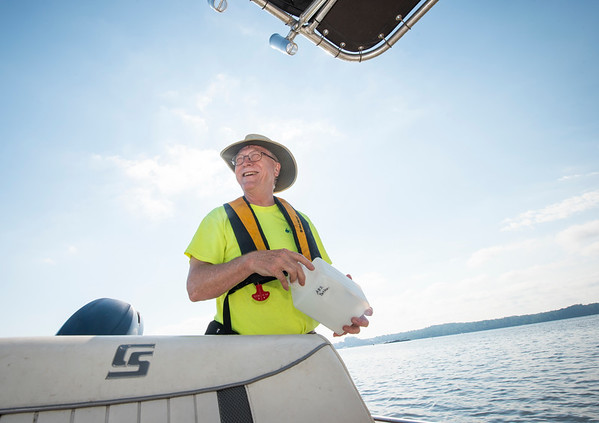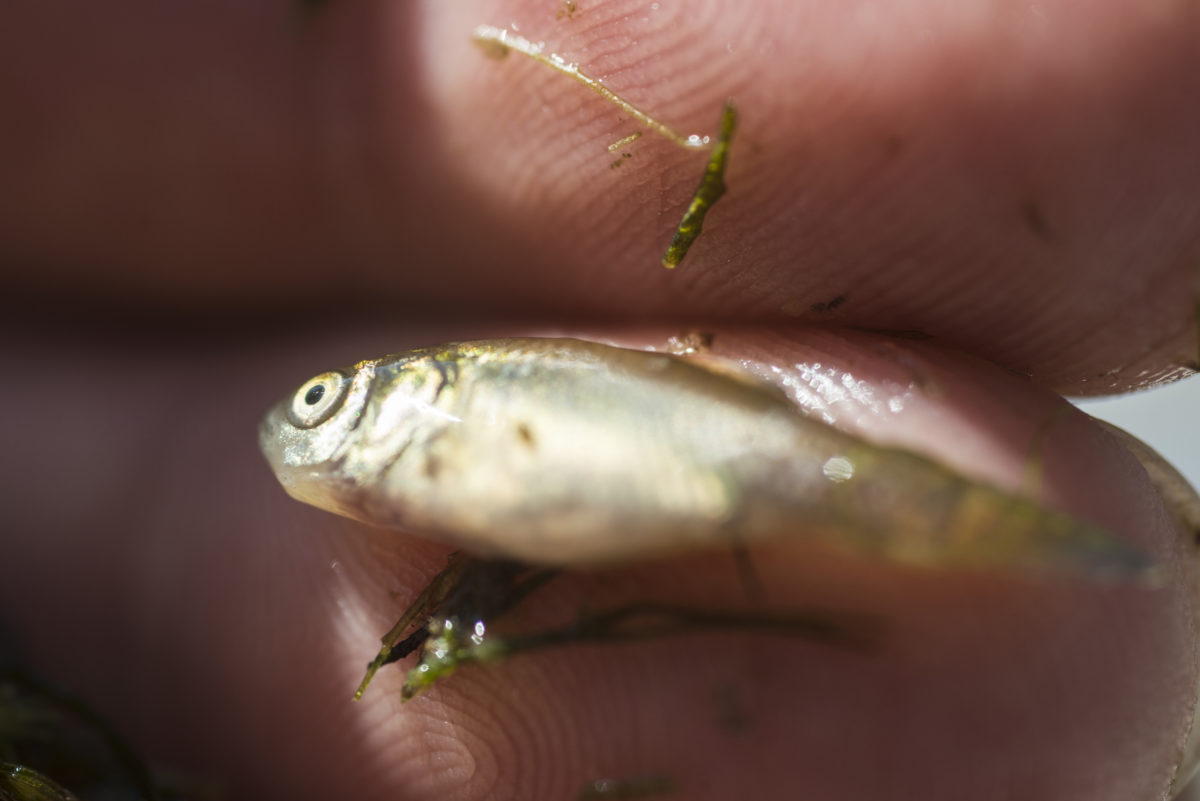A student from Dr. Cindy Smith‘s undergraduate environmental science course was recently interviewed for GMU’s news. Distance learning has been a challenging for the whole university, but PEREC faculty and students have gone out of their way to find new and unique learning opportunities.
Smith said she had several students who expanded the original assignment. She attributes that to the remote learning forced by the pandemic.
“They have to locate their own study sites,” Smith said, “and because they set up their own, they have to think more critically about how they collect their data and what their results might mean for human and environmental health.”
“Dr. Smith and [teaching assistant and Mason PhD student] Chelsea Gray have been incredible throughout this whole thing,” O’Keefe said. “They’re involved, supportive and proactive, and they connect to their class.”
Read the rest here: https://www2.gmu.edu/news/592441?fbclid=IwAR2KvQijPzAJs-d8uVnLCkqOzPx5rxQjeVebYfyzhB5SD2zOI_LQlHnNkUU







